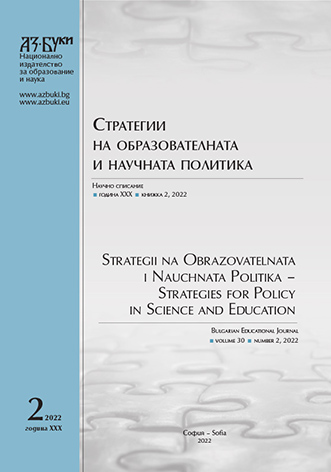Explaining the Components of Reflective Thinking Based on Fuzzy Topsis Analysis
Explaining the Components of Reflective Thinking Based on Fuzzy Topsis Analysis
Author(s): Fateme Moradi, Lida Mousavi, Sedigheh HosseiniSubject(s): Social Sciences, Education, Sociology, Higher Education , History of Education, Educational Psychology, Sociology of the arts, business, education, Sociology of Education, Pedagogy
Published by: Национално издателство за образование и наука „Аз-буки“
Keywords: critical thinking; reflective thinking; habitual action; understanding; reflection; critical reflection
Summary/Abstract: Reflective thinking paradigm contains a set of trainings based on the pattern of mental tools and it helps its users to be able to present the educational materials in a framework that embraces the nature of thinking, various learning activities and the learning based on reflective, creative and critical forms of thinking. Reviewing of the related literature shows that most of the challenges are due to learning and learning-related factors. Accordingly, the present study examines the thinking level of senior postgraduate engineering students of Shahre-Rey University. For this purpose, the Reflective Thinking Questionnaire (RTQ)developed by Kember et al. (2000) was used. TOPSIS method was used to evaluate the thinking level of the subjects. The results showed that habitual action, which is one of the skills of reflective thinking, is ranked first and perception is ranked last, which means that the senior postgraduate engineering students learn superficially. It is suggested to ask professors and teachers to hold classes that train reflective thinking skills, so that they can be a good and appropriate model of using reflective thinking skills for their students. So that students can improve their thinking levels and succeed in their math problems solving and these learners have good academic progress.
Journal: Стратегии на образователната и научната политика
- Issue Year: 30/2022
- Issue No: 2
- Page Range: 187-199
- Page Count: 13
- Language: English
- Content File-PDF

